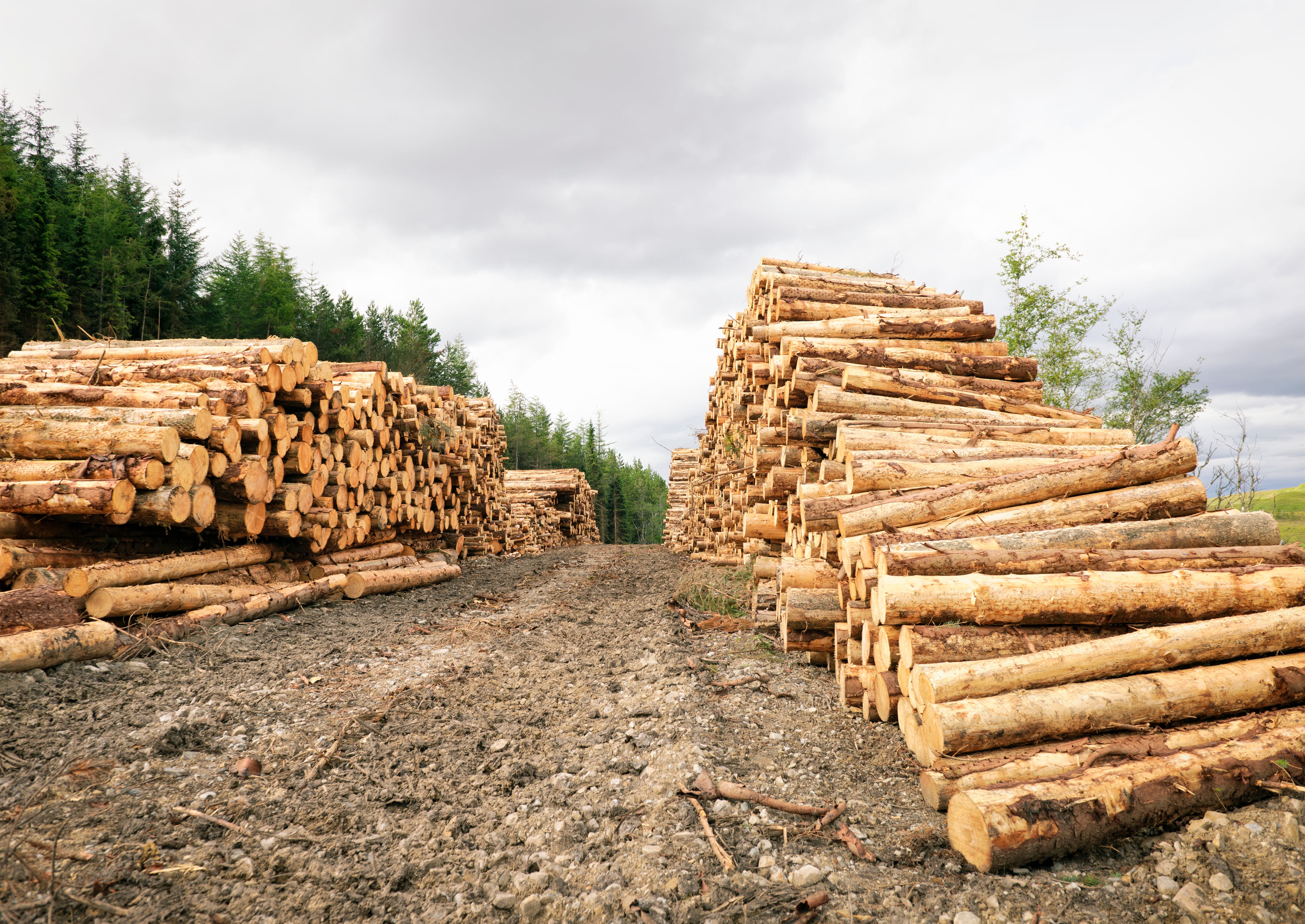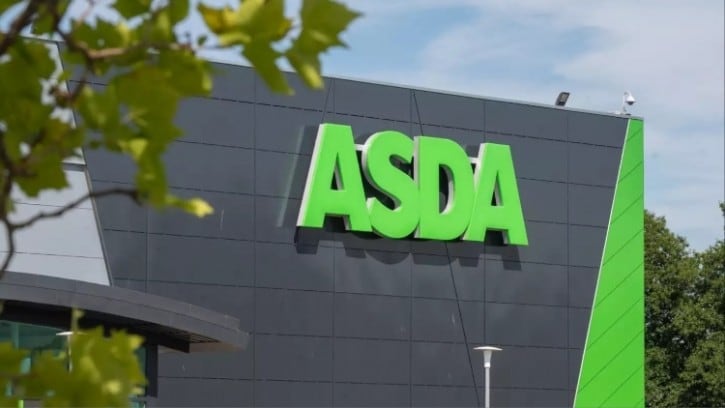Soaring cocoa prices, declining production and limited digital readiness in origin countries are among the reasons why Mondelēz is calling for the EU Deforestation Regulation (EUDR) to be postponed.
The deforestation law requires any operator or trade placing or exporting certain commodities, such as cocoa and chocolate, from the European Union to prove that the products do not originate from recently deforested land or have contributed to forest degradation.
The UN Food and Agriculture Organization (FAO) estimates that 420m hectares of forest — an area larger than the EU — were lost to deforestation between 1990 and 2020. The EU consumption represents around 10% of global deforestation.
The EUDR entered into force on 29 June 2023, with December 2024 having initially been earmarked as the deadline for industry to comply. However, the European Union ended up granting a 12-month additional phasing-in period after pushback from various stakeholders.
The law is now set to come into effect for large and medium-sized companies on 30 December 2025, and on 30 June 2026 for micro and smaller enterprises.
This means if Mondelēz succeeds in delaying the law, it will have been a two-year postponement altogether.
Why does Mondelēz want to delay?
Writing in a post on Linked In, Massimiliano Di Domenico, vice president of comms and government affairs for Europe at Mondelēz International, said that whilst the company “fully supports the ambition of the EUDR” and is “very active with clear ambitious objectives”, successful implementation “must reflect on-the-ground realities, especially for smallholder farmers in the countries of origin”.
He continued: “The cocoa sector is under huge pressure: soaring prices, declining production, and origin countries still scaling up digital capacity with clear implications for the whole value chain.
“That’s why we are respectfully, transparently and responsibly calling for a 12-month delay — not to dilute ambition, but to enable practical, inclusive, and effective implementation.
“In other words, to ensure the final objective of this important regulation will be met in practice in full.
“We cannot afford to compromise long-term sustainability goals with the many short-term implementation gaps and lack of clarity. Let’s take the time to get it right — for the environment, and future generations.
“We must also keep Europe competitive — a shared responsibility across institutions, businesses, and stakeholders. We’re fully committed to working together to make the EUDR a success.”
Offering further clarity, a spokesperson for Mondelēz International told Food Manufacture that in Côte d’Ivoire — one of the EU’s key cocoa suppliers — there are over one million cocoa farmers, but fewer than one in five have received the traceability ID cards required under the EUDR.
“These cards will also need to be reissued again by year-end. Without more time to build systems on the ground, compliant cocoa risks being shut out of the EU—harming farmers, increasing costs for businesses, and disrupting supply chains," the spokesperson added.
“Given Europe imports over 50% of the world’s cocoa beans and accounts for 75% of global chocolate sales, the stakes are high. With the sector already facing record prices and supply shortages, further regulatory barriers could undermine the competitiveness of a €70 billion industry — at a time when the EU needs to step up its focus on global competitiveness and economic resilience."
The spokesperson explained that a postponement to the regulations would allow time for traceability rollouts to be completed, ensure farmers are “properly supported”, give space for “much-needed” clarity around the rules, and the cocoa market “a chance to stabilise” in this rocky climate.
“We remain committed to working with the European Commission on a practical and effective path forward,” they added.
Delay would be ‘damaging’
Meanwhile, Ferrero, Barry Callebaut, Nestle, and Tony’s Chocolonely are among the industry names to have raised concerns over “repeated attempts” to “delay”, “revise” or “repeat” regulation in a joint letter to the president of the European Commission, Ursula Von der Leyen, and the European commissioner for environment, Jessika Roswall.
“Such moves not only damage the credibility of EU institutions and national governments but also worsen legal uncertainty, increase operational costs, and create confusion,” the letter reads.
“Even more troubling, they send a contradictory message to consumers, just as the demand for transparency and sustainability is reaching unprecedented levels.”
The letter also raises concerns over possible changes to the law - with news last week of calls to introduce a new country category – ‘negligible risk’ after some member states argued that ‘low risk’ is not low enough.
Currently, the law splits countries into three risk categories – high, standard or low. Those countries labelled as higher risk will see more red tape and as such could potentially lose out on trade to lower risk areas.
In the joint letter, the chocolate makers contend that amending the EUDR would trigger “deeper regulatory instability and undermine the significant investments already made” by their companies.
“Any postponement or weakening would create a dangerous regulatory vacuum, represent a step backward politically and economically, and penalize the very companies that have long invested in responsible sourcing,” it reads.
In a Linked In post, Nicolas Mounard, VP of ESG, sustainability and traceability at Barry Callebaut – one of the companies that signed the joint letter – said he is “proud to see” the firm’s name on that letter.
“Some critics against the regulation are valid but the amount of bad faith has been quite staggering, and the anti-regulation narrative remains strong in the private sector,” his post added.
“We talk every day about AI or sending people to Mars but apparently, three years is not enough to map supply chains. Let’s be serious. Positive transformation, historically, comes from the rule of law.
“We need EUDR. No delay, no change to the substance.”
A ‘significant ask’
Mark Field, CEO of Prof Consulting Group, described the move as a “significant ask” that will be interpreted by stakeholders in different ways.
Field continued: “Is it lack progress vs commitments, is it the challenge of commodity prices, global competition, political landscape, or lack of confidence in the data collection, transparency, and consistency of its potential implementation?
“We know the influence that the food industry has on driving positives outcomes across complex supply chains and in doing so need the global players at the table, whilst ensuring a competitive trading environment so the end products remain affordable for consumers and balance the environmental needs.
“It was, in my view, a big decision for Mondelēz to speak out which should be embraced, understood and our best resources offered to ensure that a future delay is not necessary or requested.”
The possibility of a new country category follows talks last year of a ‘no risk’ category – a move that was slated by the likes of the Soil Association Certification, with its senior responsible sourcing manager, Maggie FitzHerbert, saying such a move would be a “tragedy”.





